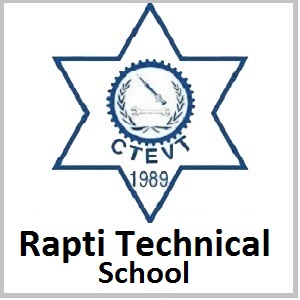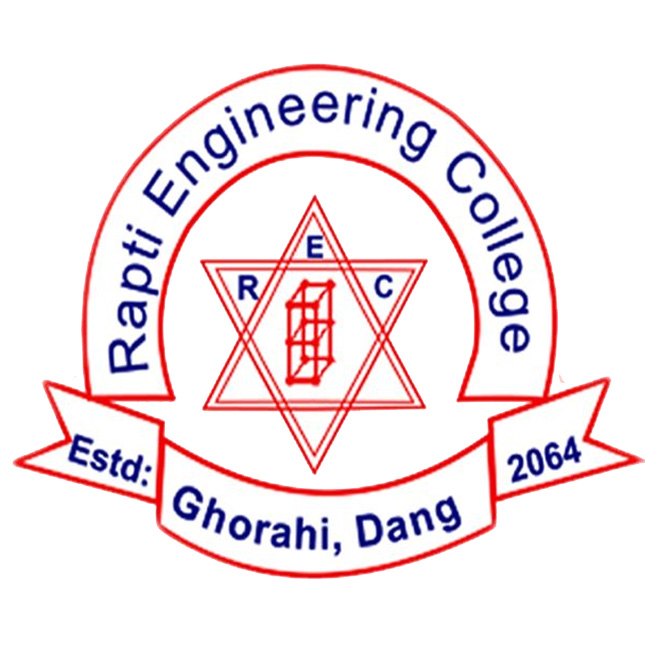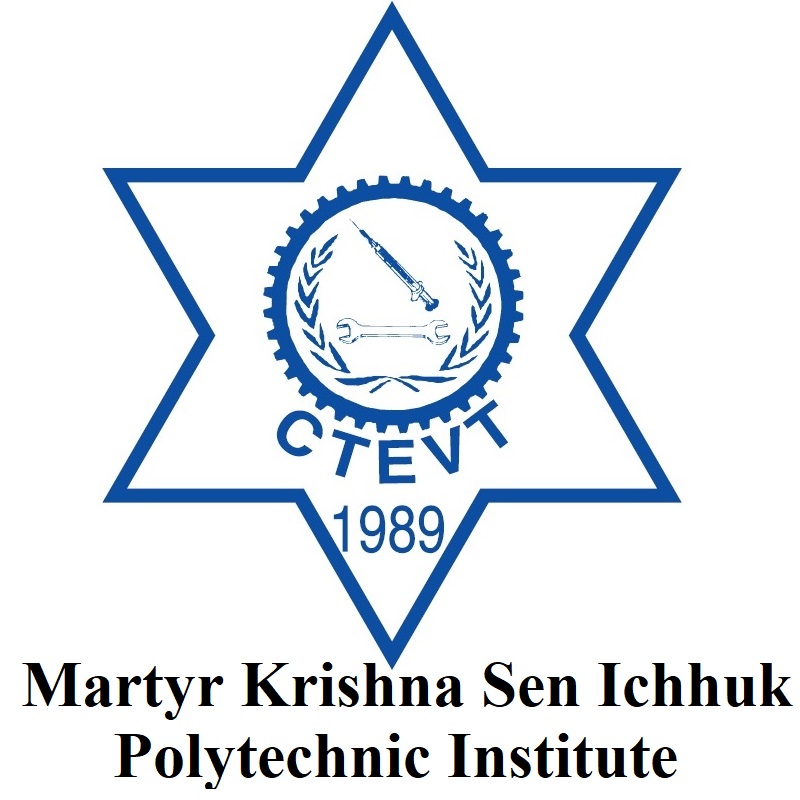Overview
Diploma in Electrical and Electronics Engineering – Tulsipur Polytechnic Institute
The Diploma in Electrical and Electronics Engineering at Tulsipur Polytechnic Institute, located in Tulsipur-12, Haripauri, Dang, Lumbini Province, Nepal, is a three-year technical program affiliated with the Council for Technical Education and Vocational Training (CTEVT), Nepal. This program is developed to provide foundational and advanced knowledge in electrical systems, electronics, and maintenance technology, preparing students for technical roles in industries, utility services, and infrastructure projects.
Applicants must have passed the Secondary Education Examination (SEE) or equivalent, and admission is based on performance in the CTEVT entrance examination. The course has a total capacity of 48 seats, including 4 scholarship seats, and follows the CTEVT-prescribed curriculum and fee structure.
Curriculum Details
The program lasts six semesters and three academic years. It combines classroom learning with hands-on technical practice. It includes theory-based modules, lab work, and real-time application of electrical and electronic concepts.
Key areas of study include:
-
Electrical Circuit Theory
-
Electrical Machines
-
Power Systems
-
Control Systems
-
Instrumentation
-
Electronics Devices and Circuits
-
Renewable Energy Systems
-
Electrical Installation and Maintenance
-
Computer Programming and CAD
Workshop-based training is embedded into each semester to develop practical and job-relevant skills.
Objectives
-
To produce competent mid-level technicians with expertise in electrical and electronics systems.
-
To prepare students for electrical equipment installation, maintenance, and troubleshooting roles.
-
To support national infrastructure and energy development with skilled technical manpower.
-
To provide knowledge in power distribution, control circuits, and electronic communication systems.
Scope
Electrical and electronics engineering is vital in energy production, communication, industrial automation, and public utilities. Graduates of this program are equipped to work in various technical roles within the private, public, and cooperative sectors. There is growing demand for electrical professionals in hydropower, manufacturing plants, rural electrification, telecom networks, and digital services.
Learning Outcomes
After completing the course, students will be able to:
-
Interpret and prepare electrical circuit diagrams.
-
Installed and maintained electrical machines and control systems.
-
Apply knowledge of electronics in practical systems such as communication and automation.
-
Operate tools, meters, and equipment for electrical inspection and diagnostics.
-
Work under safety protocols in diverse industrial settings.
Skill Development Modules
The program includes:
-
Wiring practice and panel installation
-
PLC and microcontroller basics
-
Solar and renewable energy setup
-
Transformer winding and motor rewinding
-
Electrical drawing using AutoCAD
-
Soldering and circuit assembly
Skills are reinforced through hands-on tasks in dedicated labs and training sites.
Teaching Methodology
Teaching methods focus on:
-
Classroom lectures and group discussion
-
Circuit lab experiments and electrical workshops
-
On-site training and industrial visits
-
Mini-projects and semester assessments
-
Final evaluation under CTEVT guidelines
This approach enhances student engagement and practical competency.
Admission Requirements
-
Minimum Qualification: SEE passed or equivalent
-
Entrance Requirement: Must pass the CTEVT entrance exam
-
Total Seats: 48 (including 4 scholarship seats)
-
Duration: 3 years
Admission is granted based on merit and available quota, as per official CTEVT policy.
Career Opportunities
Graduates of this program can pursue careers as:
-
Electrical Technician in hydropower or manufacturing
-
Maintenance Staff for electrical and control systems
-
Field Assistant in electronics and telecommunications
-
Support Engineer in renewable energy or utility companies
-
CAD Drafting Assistant for electrical design firms
After completing the diploma, students may also opt for further education in engineering or applied technology fields.
Scholarships and Financial Aid
Four scholarship seats are available under the CTEVT scholarship provision. They are allocated based on merit, inclusivity, and need-based criteria. Scholarships support broader access to technical education for underrepresented and deserving students.
Why Choose This Course?
This course suits SEE graduates interested in electricity, electronics, and applied technologies. It supports:
-
Entry into industrial and infrastructure-based careers
-
Technical growth in Nepal’s energy and utility sectors
-
Balanced learning in electrical theory and electronics applications
-
Field-focused training using industry-relevant tools
Conclusion
The Diploma in Electrical and Electronics Engineering at Tulsipur Polytechnic Institute offers a reliable academic and technical foundation for students seeking careers in electrical services and electronics. Backed by the nationally recognized CTEVT curriculum, the course prepares students with job-ready skills needed to work safely and efficiently in diverse technical environments.























